About STUDIO FIRST
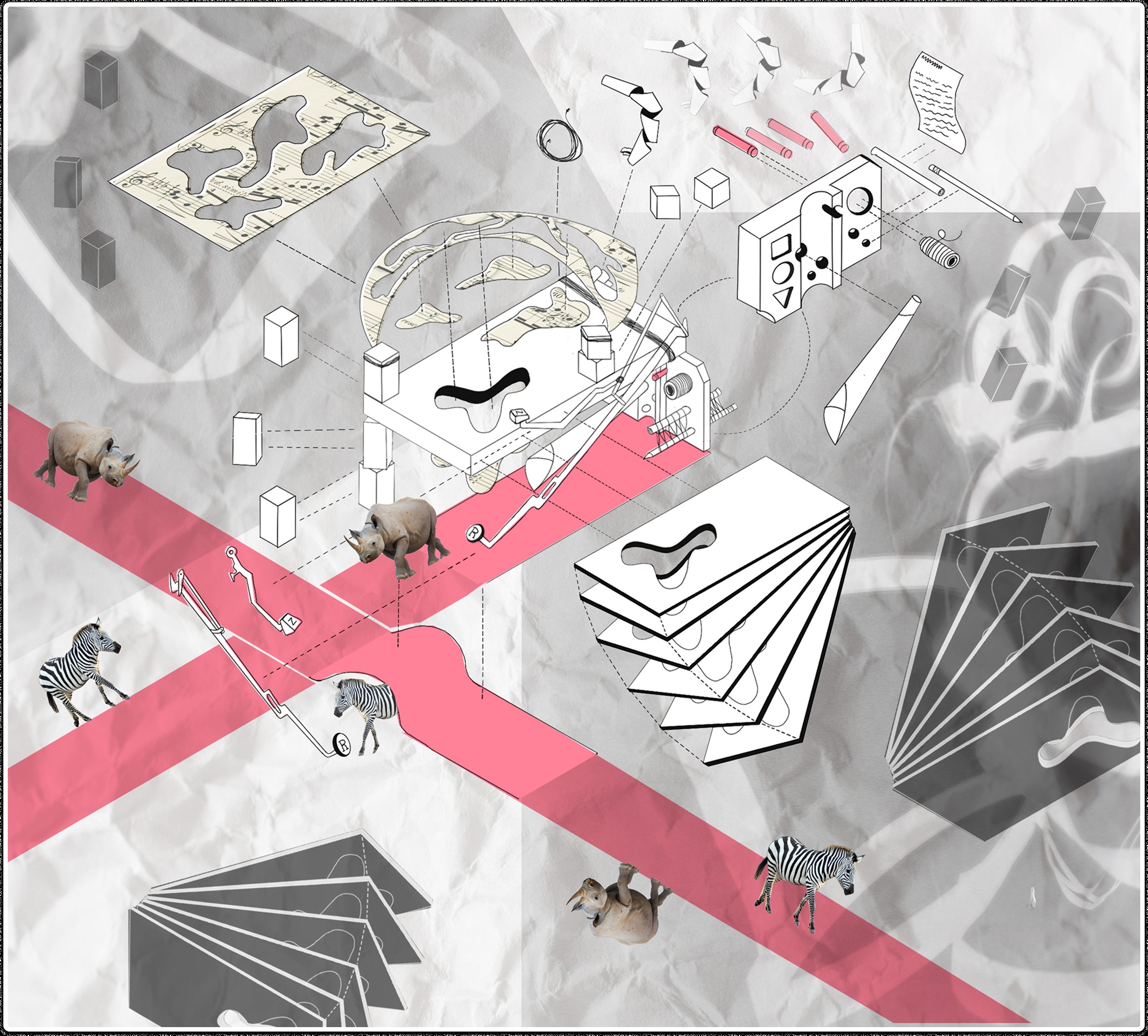
2026 Sessions
May 12 to June 16 – ONLINE
June 23 to July 28 – ONLINE
Join us for our Virtual Open House on Thursday, February 5 at 6pm.
You can register HERE.
STUDIO FIRST Newsletter
Get news and updates delivered to your inbox.
- Who is STUDIO FIRST for?
- Program Cost
- Studio FIRST FAQs
- Course Elements and Structure
- Program Features
- Why you should participate in STUDIO FIRST
- How we deliver STUDIO FIRST online
- Top Schools Accept STUDIO FIRST Alumni
- STUDIO FIRST Academic Team
- How to Apply
Questions? Contact studiofirst@carleton.ca
Want to pursue a career in architecture? STUDIO FIRST will help you create a competitive portfolio for application to any three-year Master of Architecture program.
STUDIO FIRST is a short, intense, and impactful program for people with no formal background in architecture who are considering graduate studies in architecture, urban design, or landscape architecture.
STUDIO FIRST is designed for students who already have or are currently working on their bachelor’s degree in any field. It provides a bridge toward entrance into a three-year Master of Architecture program.
Carleton University is among four universities in Canada offering professional architecture degree programs for students with a first degree in another subject. Architecture schools in the United States and Australia also accept such applicants to their master’s programs. Students with an undergraduate degree in an unrelated field can typically fulfill the requirements of a Master of Architecture degree in three years. A three-year Master of Architecture program is also known as an M.Arch 1 program.
The main goal of STUDIO FIRST is to help participants generate competitive portfolio material appropriate for application to an accredited professional program in architecture or any of the environmental design fields. (Scroll down to see the list of schools that have accepted STUDIO FIRST alumni.)
STUDIO FIRST is the only program of its kind in Canada.
Learn more at Architecture Next, a blog about the three-year Master of Architecture program.
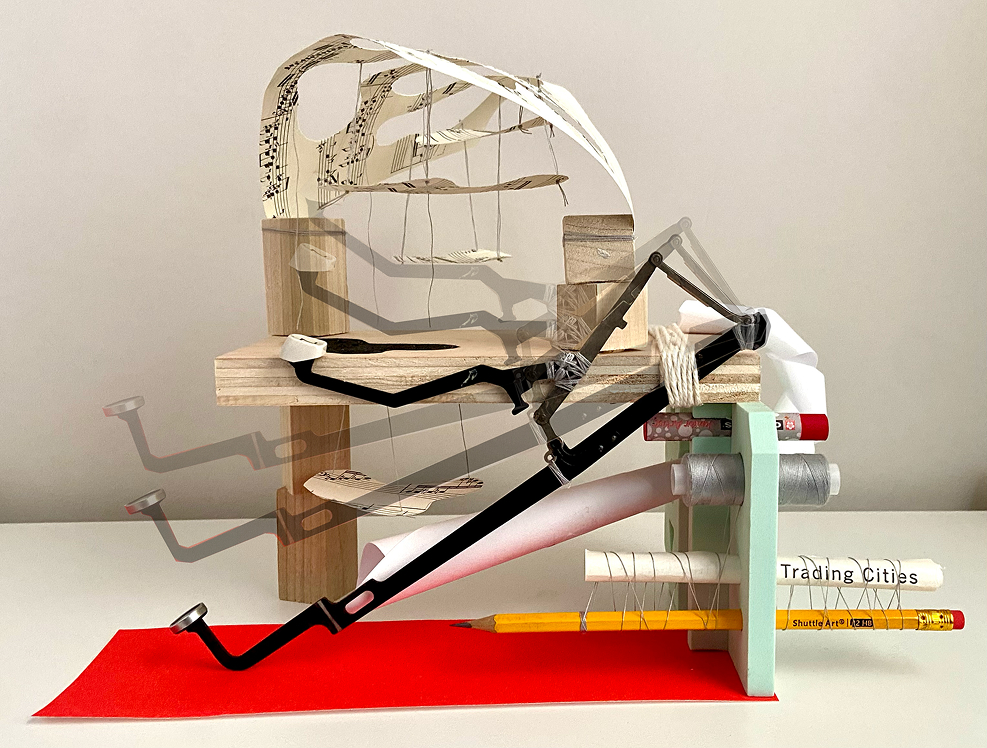
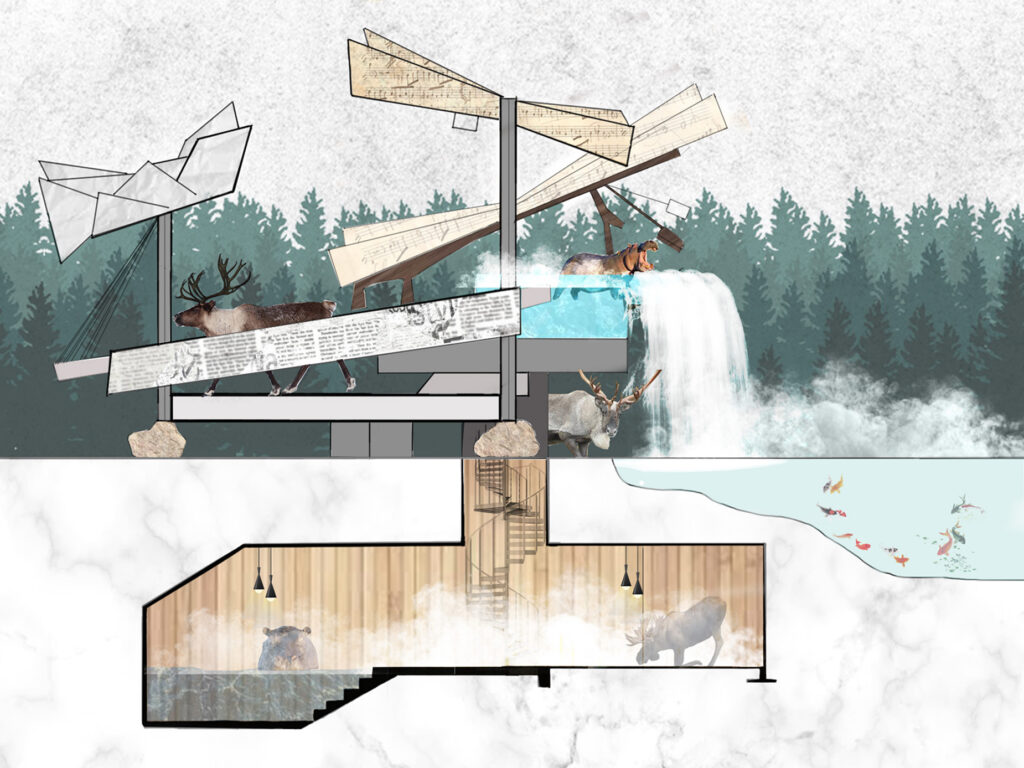
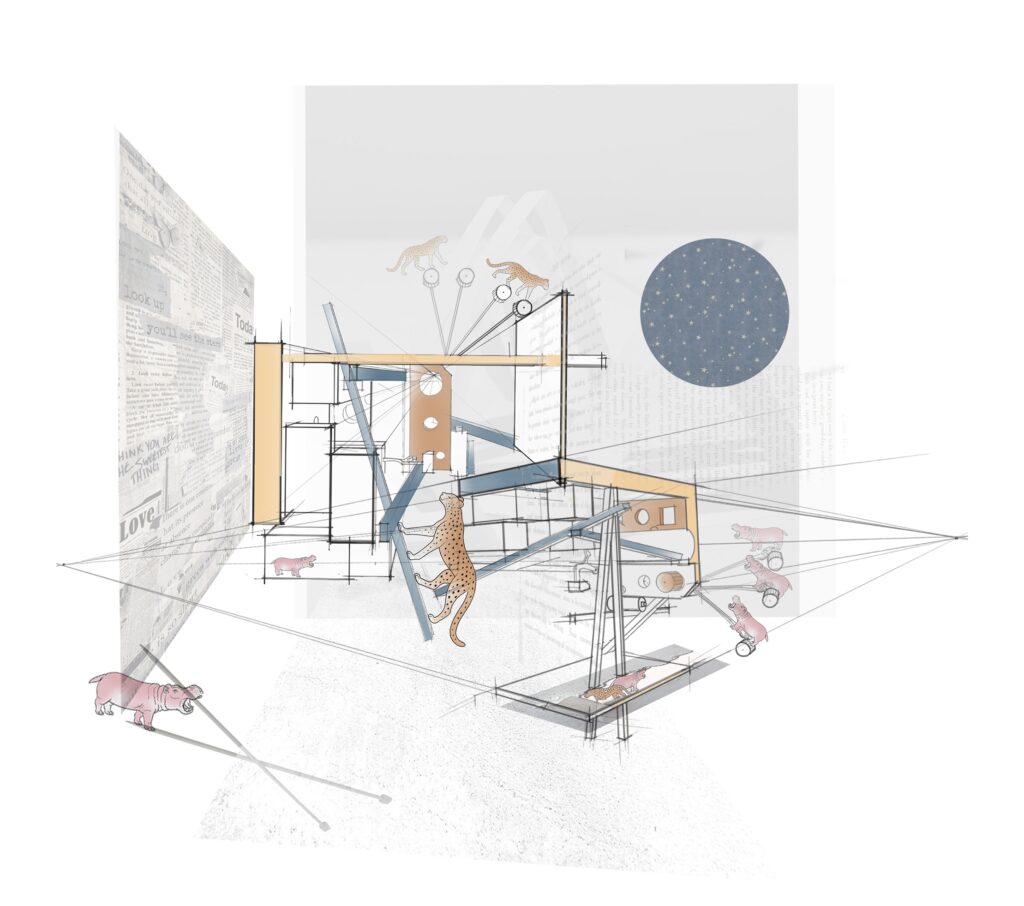
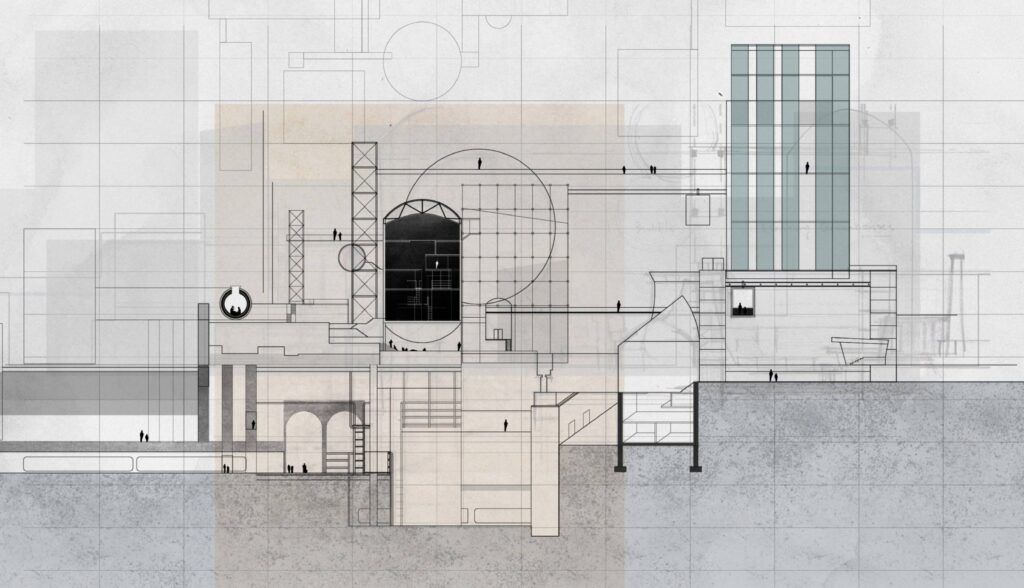
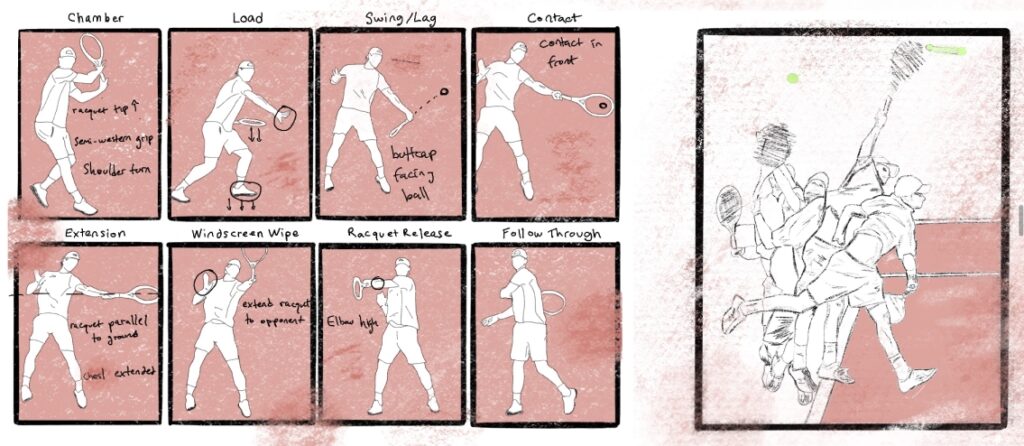
Who is STUDIO FIRST for?

- You have a four-year undergraduate degree in any field or are currently enrolled, but wonder whether architecture is the career for you.
- Students already in architecture, environmental design, conservation, or urban design who are applying to graduate programs to gain a professional degree. You may need to improve your portfolio or augment your design studies.
- International students who want to learn how to create a suitable portfolio for application to schools in North America.
- Students with a three-year undergraduate degree or highly motivated high school students preparing to apply to undergraduate studies in architecture.
- Students who have already been accepted to the M.Arch 1 program and want to shorten the learning curve in the first year.
- Anybody wishing to explore an interest in architecture and develop new ways of thinking, seeing, and making.
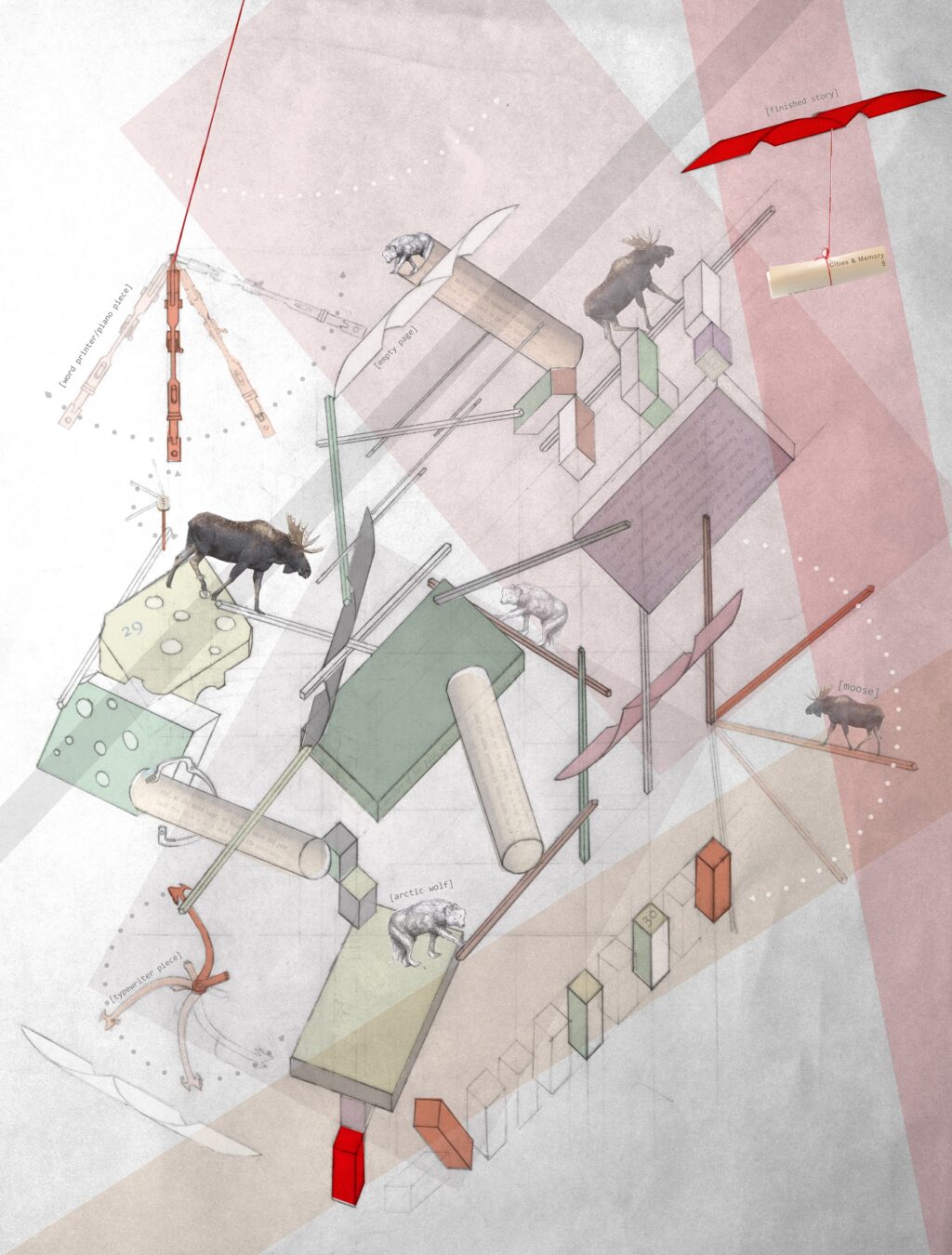
Program Cost
2026 Program Fee: CAD $3,050 + HST = $3,446.50
Includes studio supplies
Option to pay in two installments.
Software
Access to specific design software, such as Adobe Photoshop, Adobe Illustrator, and Adobe InDesign, will be required to participate in STUDIO FIRST.
Licenses for this software will need to be purchased by the participant. Instructions on when and how to purchase these programs will be communicated to participants before the first class.
Currently, Adobe offers the full Creative Cloud (which includes all necessary Adobe software) at $137.99 a month. (Prices subject to change). Participants will need licenses for two months.
STUDIO FIRST FAQs
-
STUDIO FIRST is a full-time five-week studio in architectural design for students from a wide range of backgrounds who are considering graduate studies in architecture or any of the environmental design fields. The program provides a post-baccalaureate bridge from an undergraduate degree in any field toward entrance into a three-year accredited professional degree in architecture. STUDIO FIRST helps participants develop competitive portfolio material appropriate for application to a three-year Master of Architecture accredited degree program. It is equally valuable to those wanting to pursue a degree in urban design or landscape architecture, if the application has a portfolio requirement. The Azrieli School of Architecture & Urbanism’s STUDIO FIRST program will allow students to immerse themselves in studio culture and determine whether architecture is the right path to follow.
-
2026 Dates
May 12-June 16 — Online
June 23-July 28 — Online
-
STUDIO FIRST 2026 will be delivered online. The entire program is live. However, the lectures and digital labs are also recorded and available for viewing on your own time. The studio sessions are not recorded.
-
STUDIO FIRST requires a high level of engagement and commitment. The course is about 30 hours a week. Most students spend an additional 5-15 hours a week working on their projects. It is a rigorous and fast-paced program.
The entire program is live and online. However, the lectures and digital labs are also recorded and available for viewing on your own time.
The studio sessions are not recorded.
For maximum benefit and results, we strongly advise against working full-time while taking STUDIO FIRST.
-
Applications are reviewed on a rolling basis until all spots in the program are filled. Due to space limitations, early submissions are encouraged. We notify applicants of the status of their application within two weeks via email.
-
Applicants must have English language proficiency. The program is open to graduates of a bachelor’s degree program from a university or equivalent, in any major, or those currently enrolled in an undergraduate degree program. In some cases, we will accept individuals applying to undergraduate architecture studies. If you have special education needs or a learning disability, we recommend that you contact us before applying. Please contact us (studiofirst@carleton.ca) if you have any questions about your eligibility for STUDIO FIRST.
-
Yes! International students are welcome. STUDIO FIRST does not have any status restrictions for applicants. Our application process only looks at your eligibility for the program itself (i.e., holding a bachelor’s degree or currently enrolled in one, your resume, essay, and an image).
-
STUDIO FIRST is a non-credit course at the university. Participants enrolled in STUDIO FIRST are not considered to be registered in a university course. Participants who substantially complete three assigned projects will receive a Certificate of Completion at the end of the program.
-
Essay (500 words)
Describe your interest in the program. Tell us about yourself and why you have an interest in pursuing an architectural education.Resume
Please include a resume or CV that lists professional, academic, and extra-curricular achievements. Include honours, awards, registrations, and all relevant accomplishments.
Accepted file format: .pdfOne Image
Please include one recent visual representation of your work that showcases your aptitude for a studio-based design program. The image can be of any medium, as long as it’s an original piece. Accepted file format: .jpg, .pdf, .png, .tiff -
2026 PROGRAM FEE: CAD $3,050 + HST = $3,446.50 (includes studio supplies)
Option to pay in two installments.
Non-refundable application fee: $45
SOFTWARE
Access to specific design software, such as Adobe Photoshop, Adobe Illustrator and Adobe InDesign, will be required to participate in STUDIO FIRST.
Licenses for this software will need to be purchased by the participant. Instructions on when and how to purchase these programs will be communicated to participants before the first class.
Currently, Adobe offers the full Creative Cloud (which includes all necessary Adobe software) at $137.99 a month.
Participants should plan to purchase licenses for two months.
-
Students of STUDIO FIRST must have basic computer literacy skills.
Students will need good internet access and a PC or Mac computer, no older than three or four years, that meets the minimum specifications to run the current version of Adobe Photoshop. (The computer requirements of STUDIO FIRST are less than what is typically recommended by a degree program.)
To work efficiently and comfortably, students should also use the following hardware.
A webcam and microphone
A comfortable mouse with a scroll wheel. A laptop trackpad will NOT be sufficient.
A monitor or external display of at least 21″ and 1920×1080 (HD) resolution.
-
Access to specific design software will be required to participate in STUDIO FIRST. Licenses for this software will need to be purchased by the participant. Instructions on when and how to purchase these programs will be communicated to participants before the first class.
Students will need to purchase a two-month subscription to Adobe Creative Cloud to access Adobe Photoshop, Adobe Illustrator and Adobe InDesign.
Rhino3D by McNeel is available free and fully featured for a 90-day evaluation version. Therefore, students can access it for the duration of STUDIO FIRST, if it has not been previously installed on their computer.
-
Should you find that you are unable to attend and have already paid the tuition, you have two options: request a refund or apply for a deferral.
If you request a refund, the policy is as follows:
• Cancellation by April 28, 2026 inclusive (for the May-June program): a refund of the full paid tuition, minus $150 service charge, will be issued.
• Cancellation after April 28, 2026: No refund will be issued.
• Cancellation by June 9, 2026 inclusive (for the June-July program): a refund of the full paid tuition, minus $150 service charge, will be issued.
• Cancellation after June 9, 2026: No refund will be issued.
Enrolling after the cancellation deadline means that you accept financial responsibility for the program fees.
All tuition must be paid in full prior to the beginning of the program.
If you request a deferral:
You have the option to defer your participation and fees for one year. If your deferral is approved, your tuition paid will be carried forward and applied to your account for the following year. Only one deferral will be granted per application, i.e., you will forfeit your application and tuition fees should you choose not to participate in the program in the year following your deferral.
-
Most people continue to work on their portfolio and apply for the following year. Applicants to Carleton’s MArch program will have to follow all requirements and deadlines posted by Graduate Studies. Please refer to the MArch Program page for more details.
-
Each school has its own requirements. Please visit our MArch Program page to learn more about Carleton’s requirements.
-
For more information, please contact studiofirst@carleton.ca
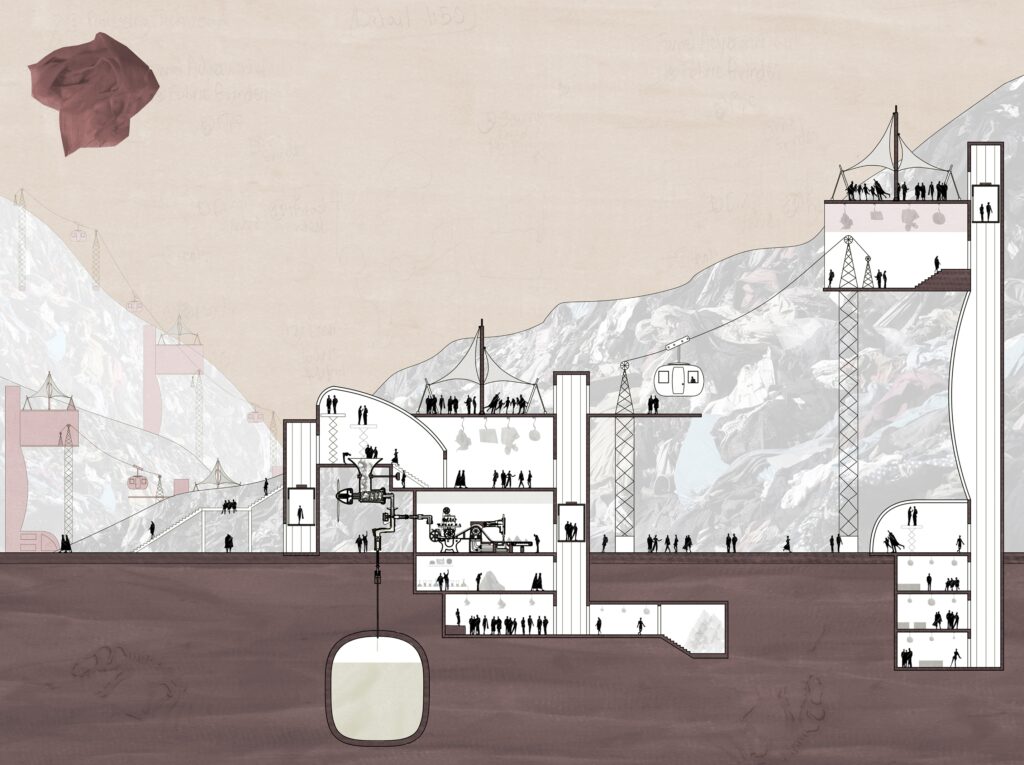

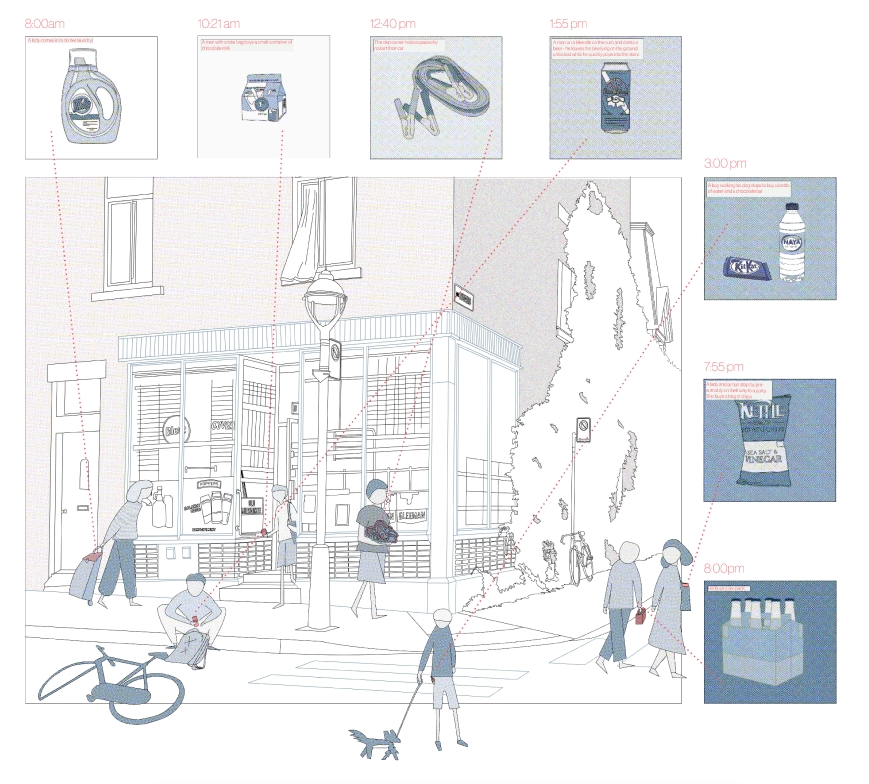
Course Elements and Structure
Participants will:
• Work on three separate studio projects
• Attend lectures on architectural theory and practice
• Learn how to use key digital media tools central to the profession
• Participate in workshops on portfolio preparation and graduate school applications
• Receive a “mystery box” of studio supplies
• Experience the studio culture, structure, and rigor of architecture school
• Interact with design professionals, current M.Arch students, and Carleton faculty
• Join a community of like-minded aspiring architecture students
• Have access to recorded lectures and other online resources until October 31, 2026
Schedule:
STUDIO FIRST is a full-time program, requiring a high level of engagement and commitment. Students attend five days a week for five weeks. The course is about 30 hours per week. In addition, most students spend an additional 5-15 hours a week working on their projects.
Four afternoons a week (1:30 p.m. to 5:30 p.m. EDT) are dedicated to design studio. Activities include technique lectures, design exercises, small group discussions, individual feedback sessions, studio-wide presentations, and reviews. Three mornings a week (10 a.m. to 12:30 p.m. EDT) are dedicated to labs with the Digital Instructor, who will also offer office-hour appointments for individual software assistance and questions.
Content:
The program centers around three projects at different scales and within different contexts to catalyze architectural thinking and methods of architectural production. Each project is designed to produce suitable portfolio material and elucidate a method of architectural practice, including drawing and modeling. Under the guidance of qualified, experienced, and caring instructors, students will develop the skills and critical thinking involved in architectural design.
The Digital Lab will teach students how to use architectural software such as Rhinoceros and Creative Cloud programs like Adobe Photoshop, Adobe Illustrator, and Adobe InDesign. Through a series of process-based drawing exercises and tutorials, students will develop critical design vocabulary, design strategies and methodologies, file management, and efficient workflows.
Students will:
• Gain valuable insight into architectural education and practice
• Learn foundational design, drawing, and making
• Learn how to communicate architectural ideas effectively across formats
STUDIO FIRST is a fantastic course that opens your mind to different ways of seeing the world and your everyday surroundings. The projects were planned very thoughtfully and allowed us to learn at a fast pace. Having a short deadline for each project allowed me to push myself and create good quality work. I impressed myself with the work that I was able to produce in this course! The staff provided a very open environment for discussion about our work and gave us constant feedback and recommendations that improved the work exponentially.
– 2025 STUDIO FIRST survey response
Program Features
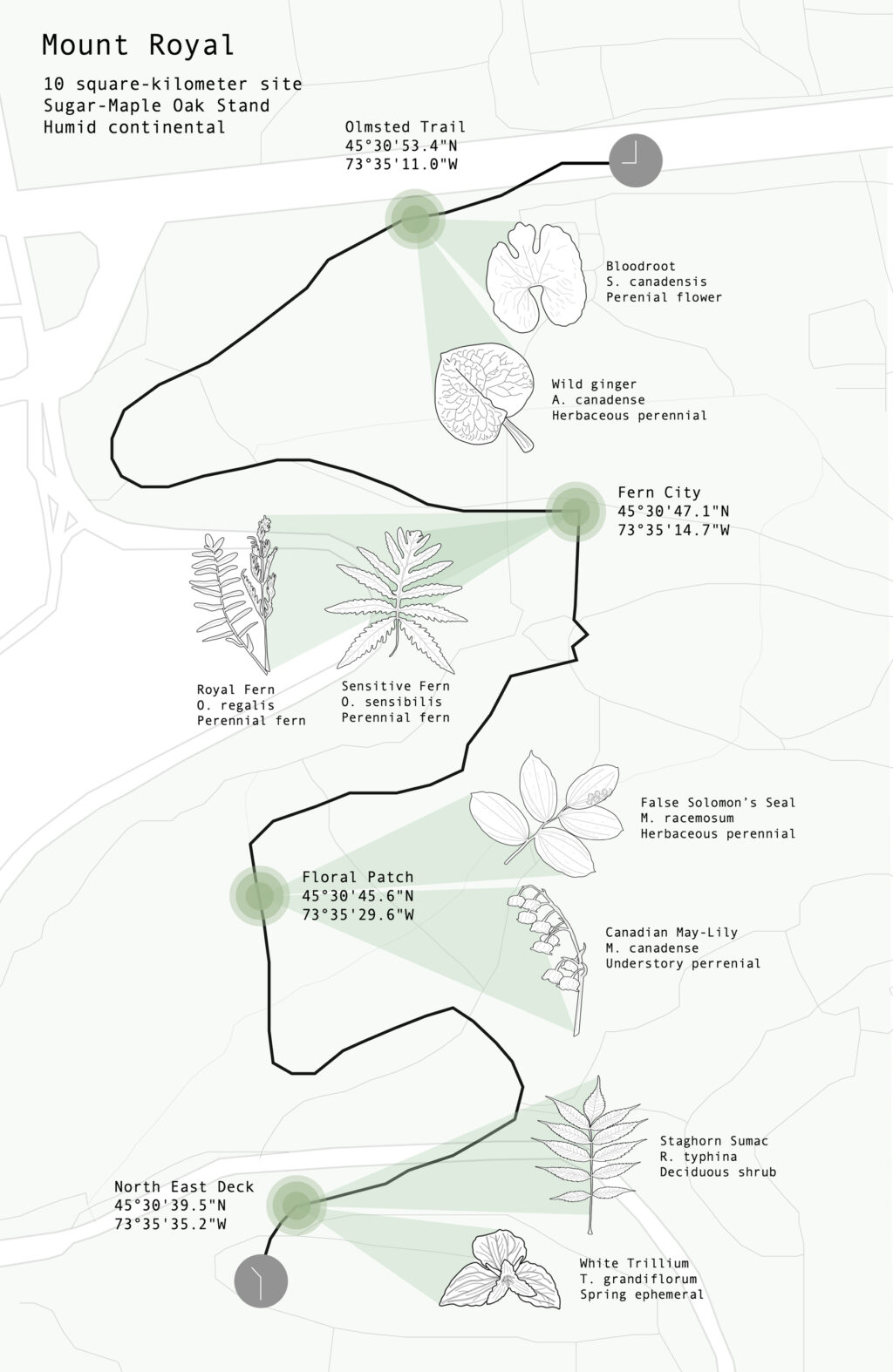
STUDIO FIRST includes:
- Faculty-guided studio work, including one-on-one instruction and constructive feedback
- Guided software tutorials
- Lectures by expert instructors and guest speakers
- Student critiques, pin-ups, and presentations
- Reviews with guest critics
- Certificate of Completion
STUDIO FIRST was a unique and wonderful experience for someone like me coming from a non-architectural background. Although I had no prior experience of studio work, the program did a great job of facilitating this and helped me through each step by introducing new ways of creating and understanding. I highly recommend this program to anyone interested in the possibility of pursuing studies in architecture or if you’re just looking to create more high-quality work for your portfolio.
– 2025 STUDIO FIRST survey response
Why you should participate in STUDIO FIRST
- Opportunity to build a competitive portfolio within a short period
- Lower cost than comparable programs in the United States
- Introduction to many aspects of architecture
- Flexible learning — STUDIO FIRST offers live instruction lessons as well as access to recorded videos to provide a flexible learning experience for students across Canada and the world.
- Access to video recordings until October 31, 2026, to support you as you continue to work on your portfolio
- Proven results — STUDIO FIRST alumni are studying and working in architecture and related fields around the world.
I’m very happy that I made the decision to pursue STUDIO FIRST. I feel a lot more confident now regarding my portfolio and M.Arch applications. I was also able to learn something new about myself through this experience. Even though I come from an interior design background and have a bit of a design understanding, I was able to learn that I am capable of producing great work. I can’t believe I’m saying this so confidently but I genuinely felt this way. I’m very grateful for everyone’s guidance during this beautiful experience.
– 2025 STUDIO FIRST survey response
How we deliver STUDIO FIRST online
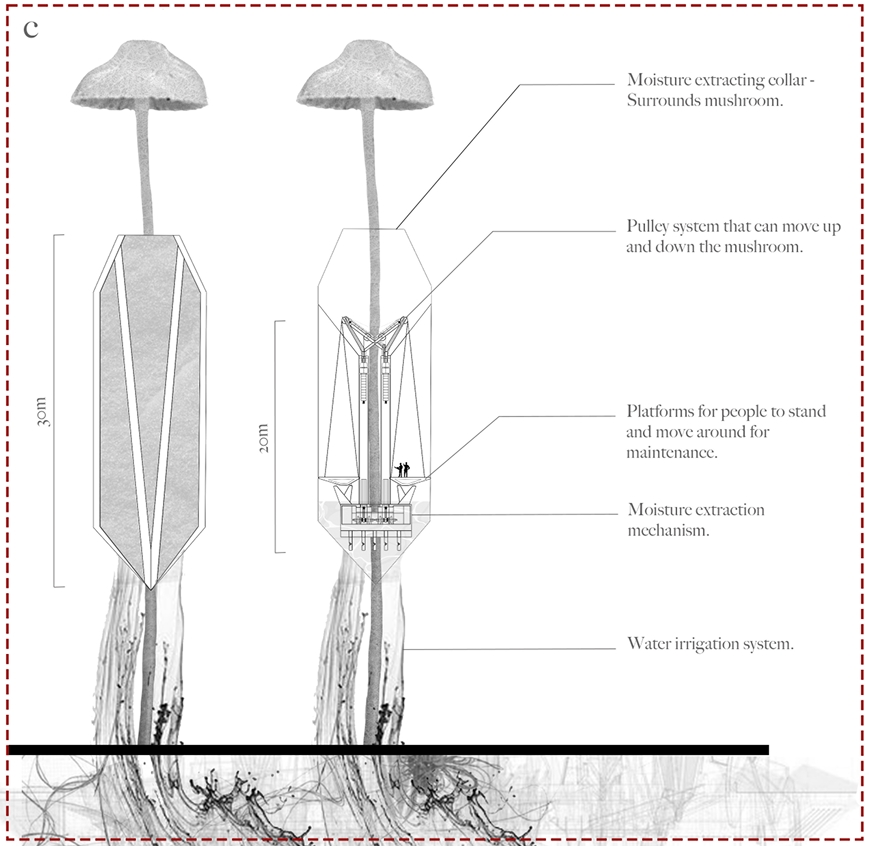
Faculty use accessible digital platforms to create a virtual studio space in which students interact, share their work, and receive one-on-one instruction.
Students receive a box of art supplies and other materials in the mail.
All lectures are recorded, and all lectures and documents are available online to read and download at your convenience.
It was an intensive course, but I learned a lot and believe it is an important step for anyone interested in exploring architecture. The professors and teaching assistants were amazing. Their knowledge and passion for architecture really stood out, and their friendly and approachable nature made it easier to receive feedback and present my work. Although the course was demanding at times, the experience was very valuable and has helped me grow both academically and personally.
– 2025 STUDIO FIRST survey response
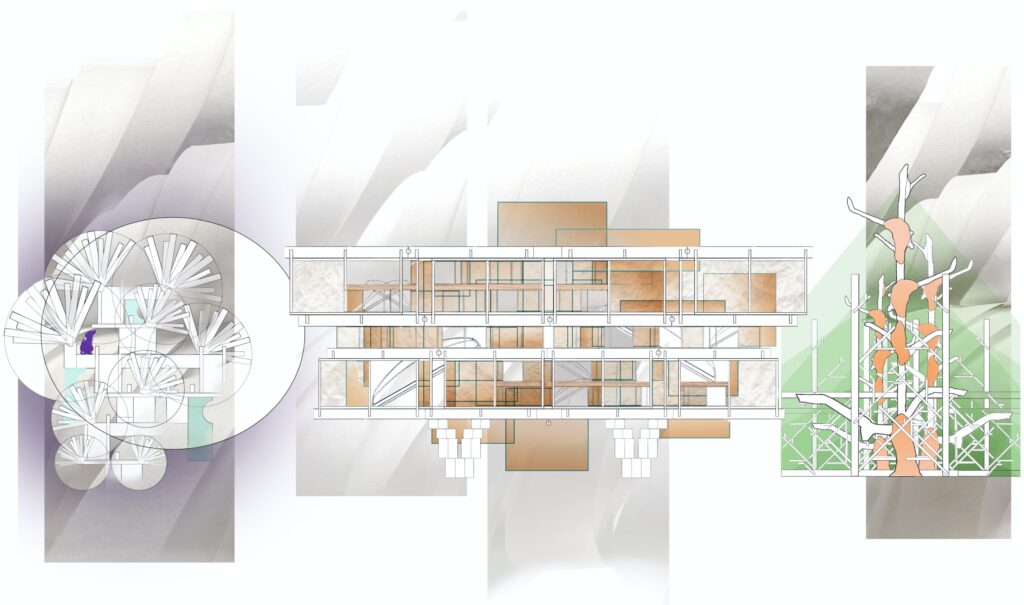
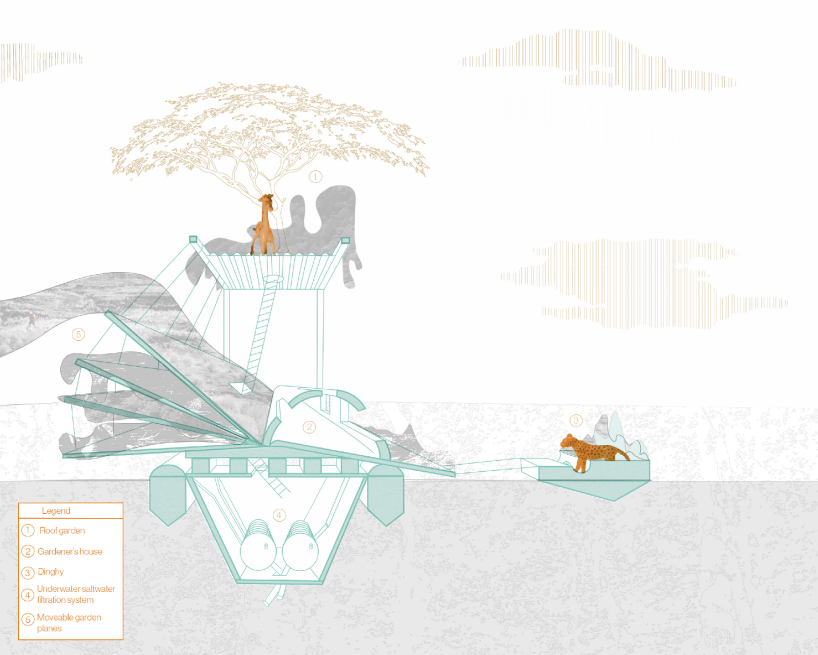
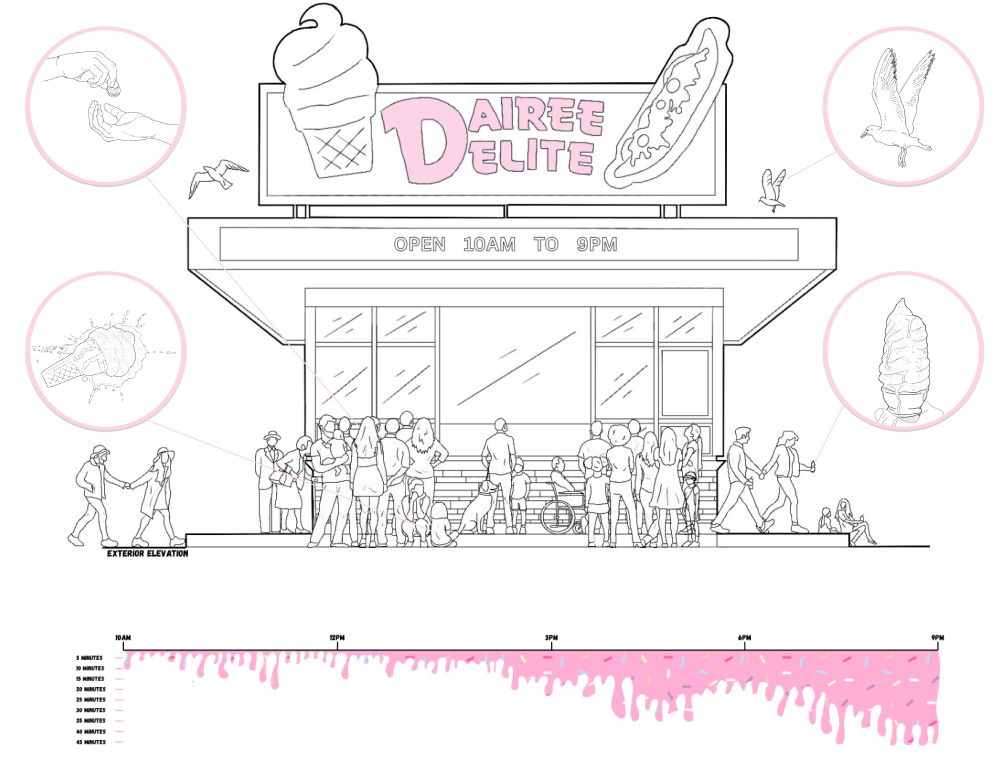
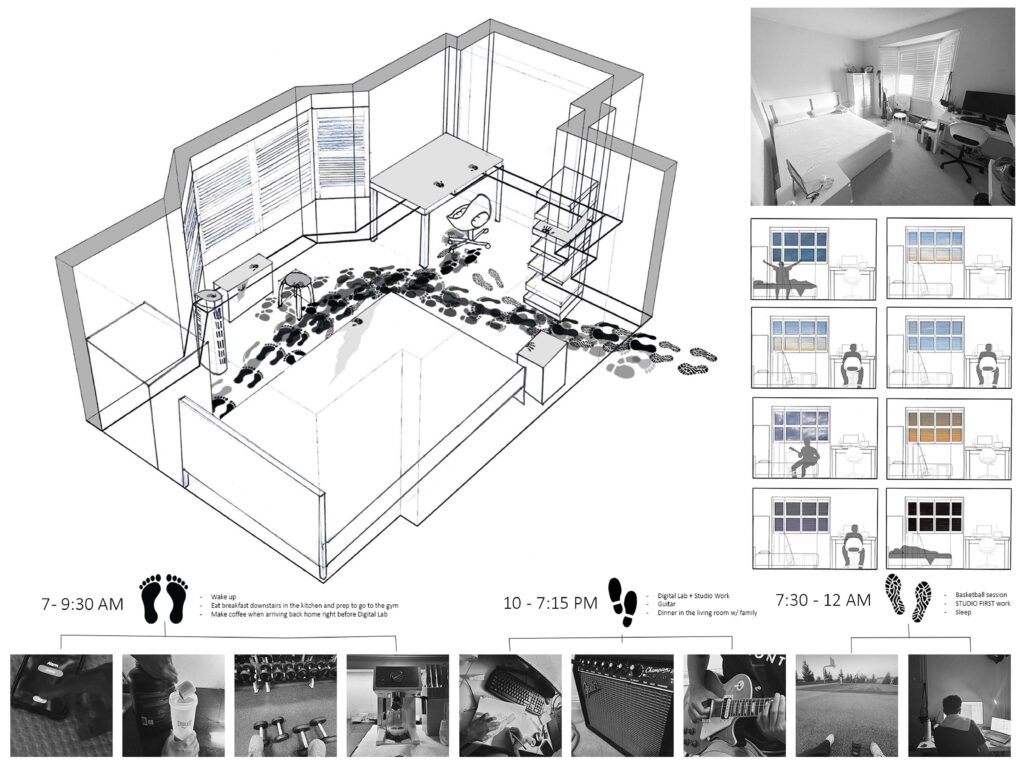
Top Schools Accept STUDIO FIRST Alumni
STUDIO FIRST participants have been accepted to graduate programs at the following schools:
- Carleton University, Ottawa, Canada
- Dalhousie University, Halifax, Canada
- McGill University, Montreal, Canada
- University of British Columbia, Vancouver, Canada
- University of Calgary, Calgary, Canada
- University of Toronto, Toronto, Canada
- Toronto Metropolitan University, Toronto, Canada
- University of Manitoba, Winnipeg, Canada
- Arizona State University, USA
- The City College of New York, New York, USA
- Illinois Institute of Technology, Chicago, USA
- Kendall College of Art and Design, Grand Rapids, Michigan, USA
- Kent State University, Kent, Ohio, USA
- Massachusetts Institute of Technology, Boston, Massachusetts, USA
- New York Institute of Technology, New York City, USA
- Pratt Institute, New York City, USA
- Rice University, Houston, Texas, USA
- Rochester Institute of Technology, Rochester, New York, USA
- SCI-Arc (Southern California Institute of Architecture), Los Angeles, California, USA
- University of Houston, Houston, Texas, USA
- University of Minnesota, Minneapolis, USA
- University of North Carolina – Charlotte, Charlotte, North Carolina, USA
- University of Pennsylvania, Philadelphia, Pennsylvania, USA
- University of Washington, Seattle, Washington, USA
- Washington University in St. Louis, St. Louis, Missouri, USA
- The Bartlett School of Architecture, University College London, London, England
- University of Edinburgh, Edinburgh, Scotland
- University of East London, London, England
- University of Melbourne, Melbourne, Australia
- University of Sydney, Sydney, Australia
- Monash University, Melbourne, Australia
- Bond University, Queensland, Australia
- University of Western Australia, Perth, Australia
- Meiji University, Tokyo, Japan
- Waseda University, Tokyo, Japan
I have nothing but positive things to say. Please keep doing this forever for people interested in the field of architecture. This was a beautifully set-up program. I wish I could do it again.
– 2025 STUDIO FIRST survey response
STUDIO FIRST Academic Team
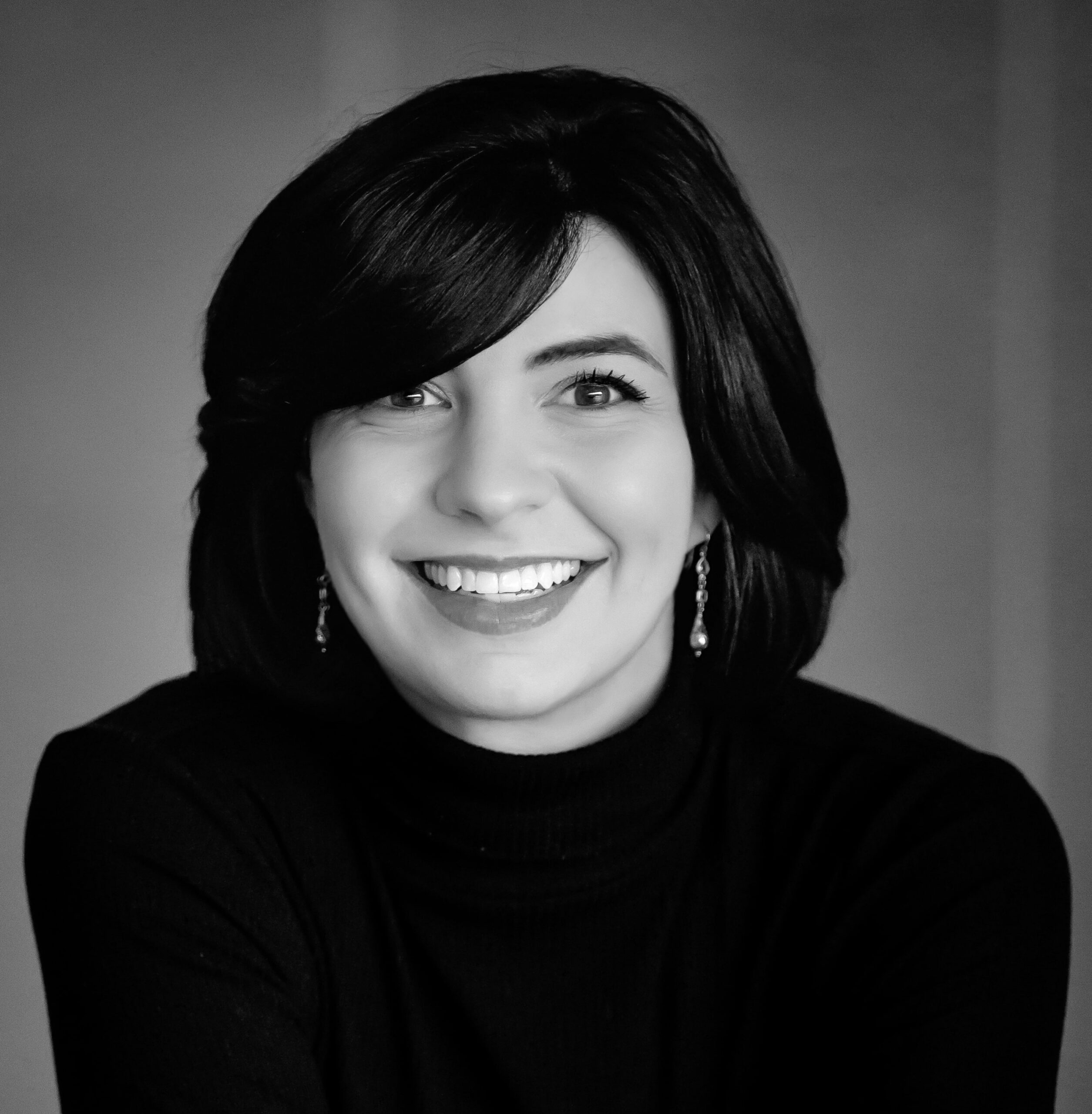
Piper Bernbaum
Academic Coordinator
Piper Bernbaum is an Associate Professor at the Azrieli School of Architecture & Urbanism at Carleton University, where she teaches in both the undergraduate and graduate programs. She currently serves as Associate Director of the Undergraduate Program and Academic Coordinator for Studio First. Piper has worked at architecture offices across Canada and internationally, including Atelier Jean Nouvel in Paris, Sauerbruch Hutton in Berlin, and Kohn Pedersen Fox Associates in New York City.
She also has extensive experience in architectural exhibitions. She was the project manager for The Evidence Room, which studied the forensic architectural artifacts of Auschwitz and was exhibited at the 2016 Venice Biennale, the Royal Ontario Museum, and the Hirshhorn Museum.
Her research examines the intersections of architecture, law, and environmental change, with a focus on how legal frameworks, jurisdictional boundaries, and systems of governance shape spatial practices and urban environments. Her work is particularly concerned with the spatial implications of plurality and the ways architecture negotiates overlapping cultural, social, and legal conditions.
She is the recipient of the Prix de Rome for Emerging Practitioners, the RAIC Academic Medal, and the Governor General’s Academic Gold Medal. Piper completed her BAS and M.Arch at the University of Waterloo and has also taught at Waterloo’s Cambridge and Rome campuses. She has been a part of Carleton’s School of Architecture and Urbanism since 2018 and has been a part of the Studio First program since her first year at the school.
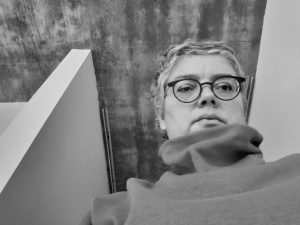
Adriana Ross
Project 1 Lead Instructor
Adriana Ross is an adjunct professor who has taught at the Azrieli School of Architecture & Urbanism for 14 years. She teaches design studio and courses in the theory and practice of architectural representation, drawing, and multi-media. She was named a Favourite Faculty member by students for the 2021-2022 academic year. Her popular elective course, An Introduction to Drawing: Seeing through the Hand, attracts more than 100 students each year, from over 25 different academic departments. Adriana has also taught at Algonquin College. Adriana’s research, teaching, and original work show how sensitivity to historical meaning and social conscience can enrich contemporary methods and design. Her award-winning work has been exhibited and published internationally, and she is co-author with Marco Frascari of the 2012 book, Drawing in the Silence. Her drawings and writing about ecclesiastical architecture explore new uses for historic buildings. Adriana earned her bachelor’s and master’s degrees in architecture at Carleton, where she received numerous awards, including the RAIC Student Medal for outstanding achievement.
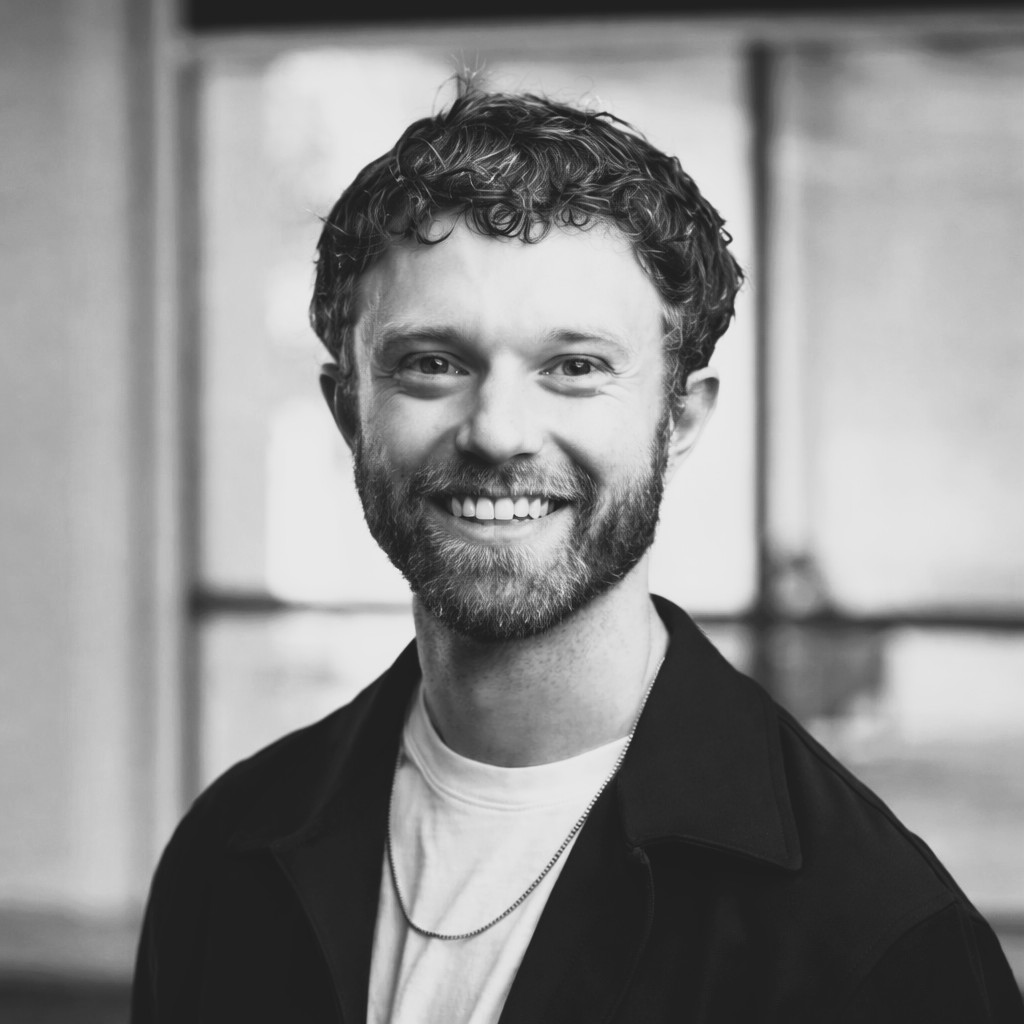
Andy Bako
Project 2 Lead Instructor
Andy Bako, OAA (he/him) is an architect, computational designer and the founder of ABAD Co., a multidisciplinary design practice based in Toronto. He is currently the 2024-2026 Emerging Scholar in Design at the University of Texas at Austin School of Architecture. Previously, he served as the 2023-2024 Schidlowski Emerging Faculty Fellow and Visiting Assistant Professor at the College of Architecture and Environmental Design at Kent State University. Andy has also held teaching positions at the University of Toronto and Carleton University.
Andy’s research examines how architecture mediates exchanges between material reuse, computation, and authorship—positioning recycling as a generative framework where materials operate as both matter and data. His work investigates how digital tools, from machine learning to photogrammetry to mixed reality, enable materials, machines, and designers to shape the built environment through reciprocal influence.
Andy holds a Master of Architecture with Distinction from Harvard GSD, where he received the 2019 Digital Design Prize for his thesis project ‘Normal House’. His writings appear in The Plan Journal, UCLA POOL, Pidgin (Princeton), and Yale Paprika!, with conference presentations at ACSA and ACADIA. His professional experience includes work with Adamson Associates Architects, OMA, and computational design collaborations with Volkan Alkanoglu Design LLC on large-scale public art installations.
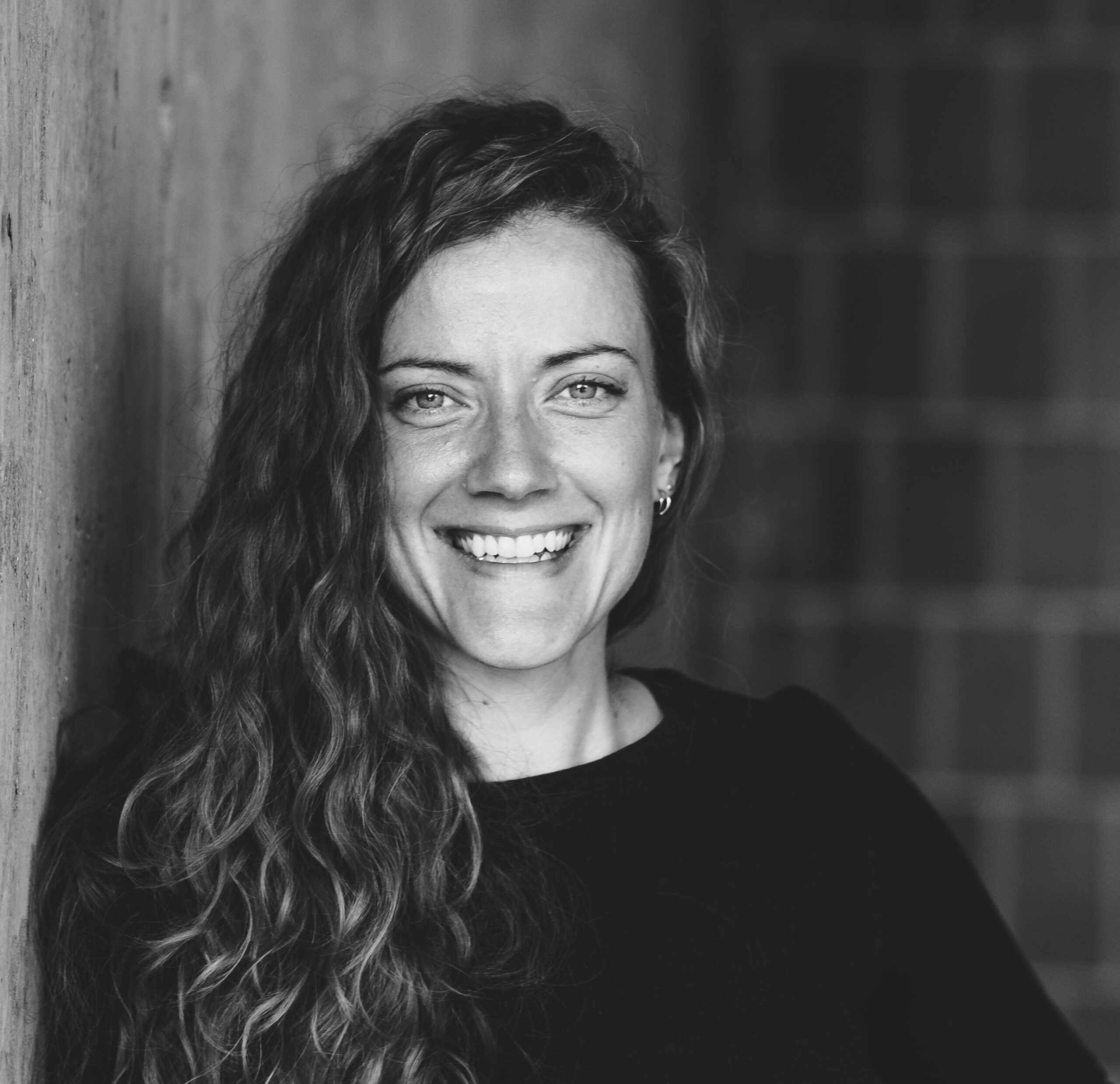
Stephanie Murray
Project 3 Lead Instructor
Stephanie Murray is a PhD student at Concordia University at the Centre for Interdisciplinary Studies in Society and Culture. She holds a post-professional Master of Architectural Studies, a professional Master of Architecture degree, and a Bachelor of Fine Art. Stephanie has worked for Northern Front Studio and Kobayashi + Zedda Architects in Whitehorse, Yukon, and has exhibited her work across Canada, as well as overseas in Australia and Iceland. She has led digital and analog projects at the Carleton Immersive Media Studio (CIMS) and the Carleton Sensory and Liminal Technologies Lab (CSALT). Her research interests are grounded in the effects of representational conventions on material and spatial imaginations in the construction and perpetuation of settler colonial narratives in frozen spaces. She is currently working on research projects with the Inuit Futures Lab in collaboration with the Musée des beaux-arts de Montréal.
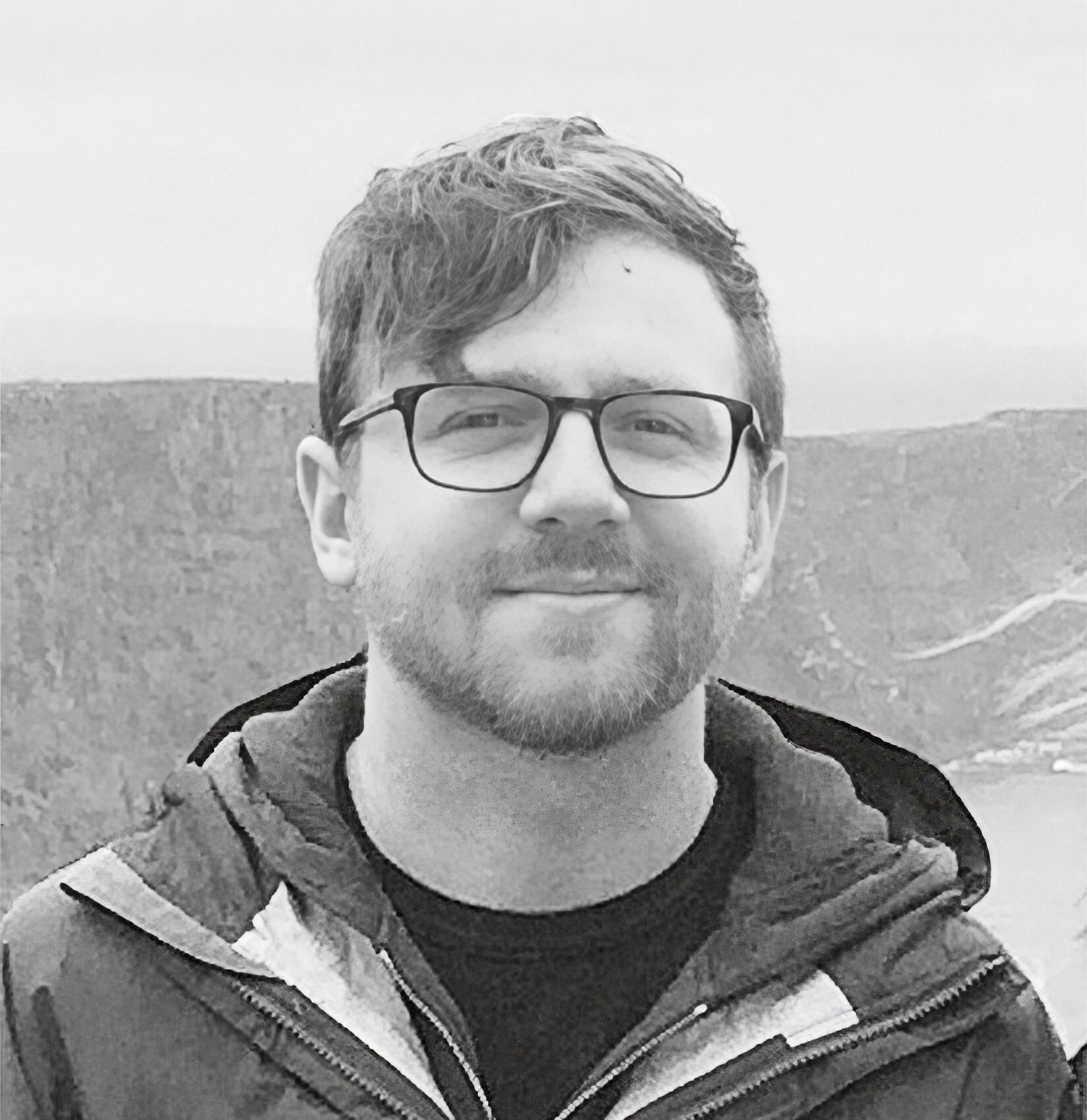
Cailen Pybus
Digital Lab Instructor
Cailen Pybus is an architectural designer, researcher, and instructor specializing in digital storytelling for cultural heritage. His collaborations include the VR project Parliament: The Virtual Experience (2019) with the National Film Board of Canada, and Marking Time in the Cormier Garden (2020) for the Gail and Stephen A. Jarislowsky Institute. Cailen has taught courses on digital representation at Carleton, McGill, and Dalhousie universities. He obtained his Master of Architecture from Carleton University in 2018 and a post-professional master’s degree in architectural history and theory from McGill University in 2020.
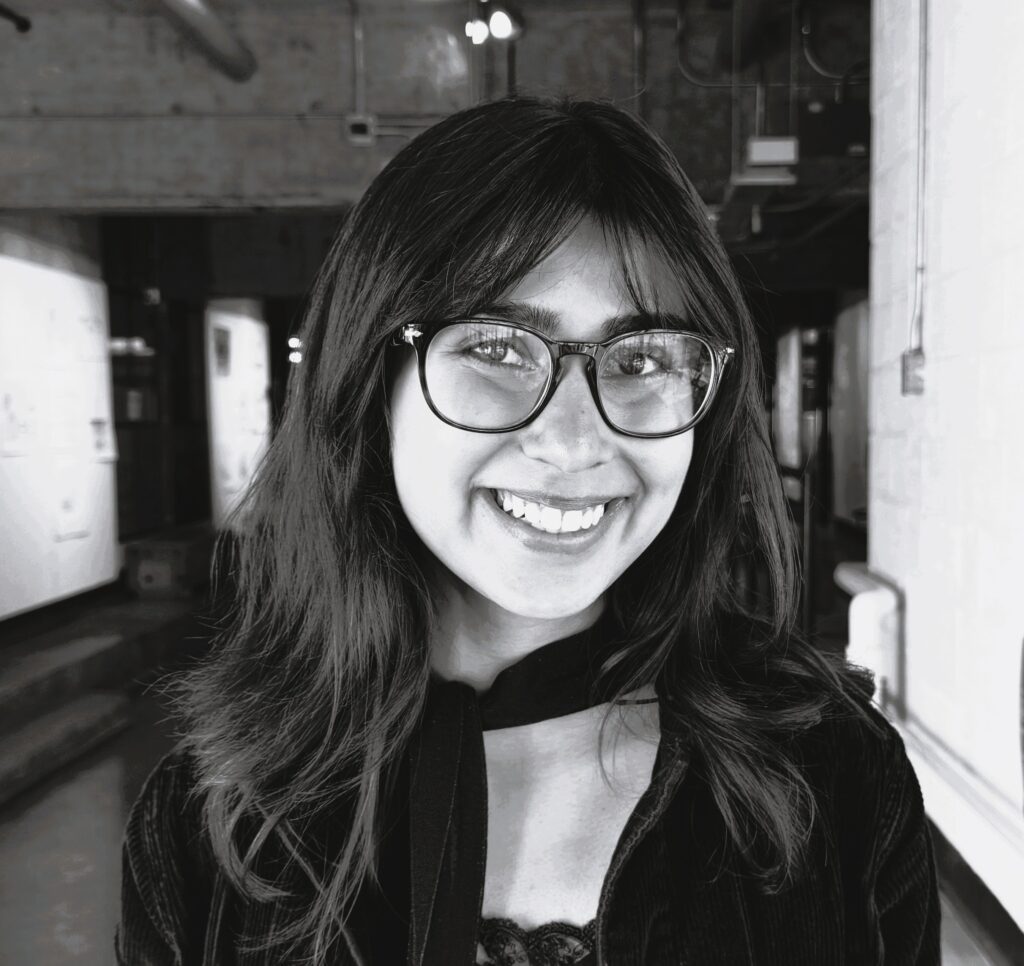
Krisha Thakkar
Technical Coordinator/Studio Assistant
Krisha Thakkar is a Master of Architecture candidate in her thesis year at Carleton University, where she also completed her Bachelor of Architecture. Her thesis looks at wildfires in Jasper National Park and focuses on how fire and memory can be made legible through architectural form and materiality. She has gained professional work experience in architecture firms in Toronto supporting a range of tasks across different projects. Before committing to her masters, Krisha took a short break to work in the Canadian Rockies and backpack across South East Asia, experiences that have broadened her perspective on architecture, landscape and design. At the Azrieli School of Architecture and Urbanism, Krisha stays closely involved through teaching assistantships and research support. She served as the Multimedia Editor for Edition 25 of Building 22, the annual student-led publication, and serves on the Landscape Lab executive team. She is passionate about helping STUDIO FIRST participants build their foundational design and representation skills.
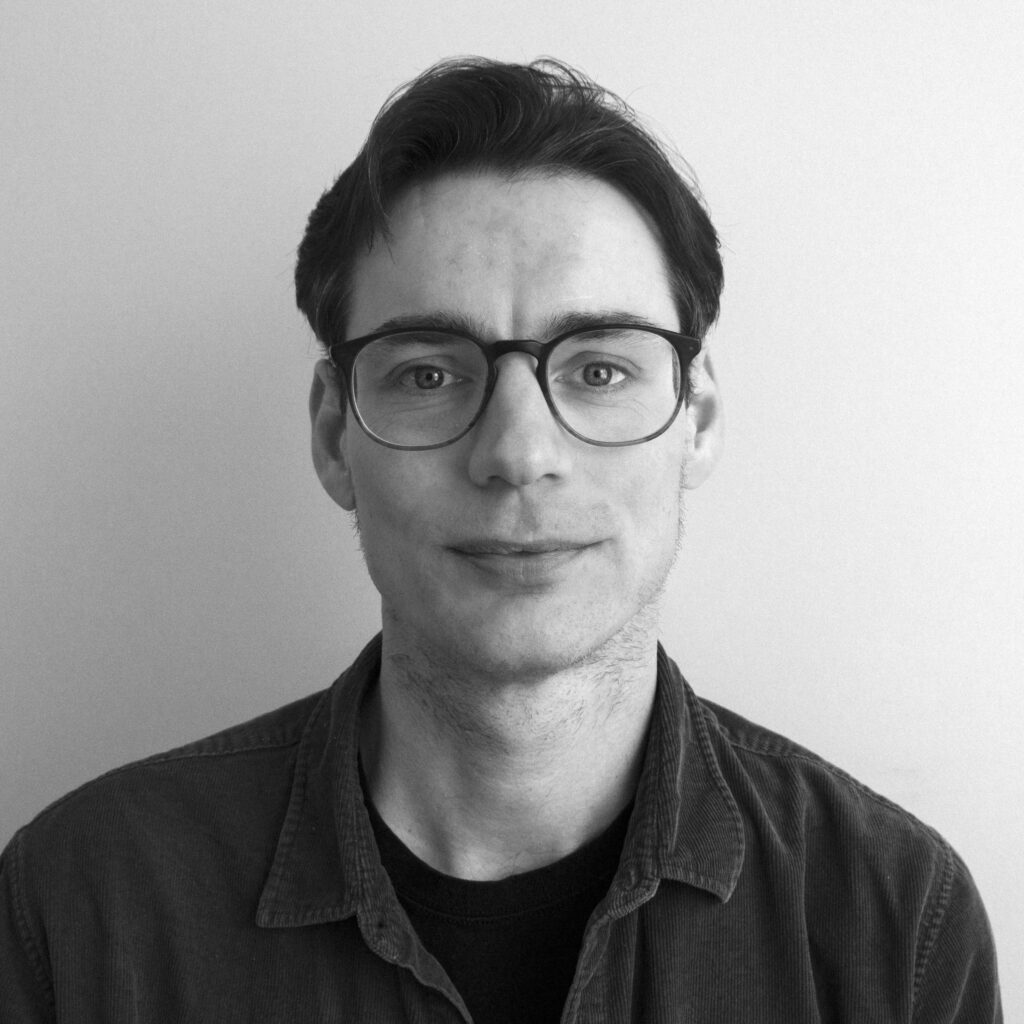
Keegan Metheringham
Studio Assistant
Keegan Metheringham is a Master of Architecture (M.Arch I) student at the Azrieli School of Architecture & Urbanism. He is currently completing his thesis on wildfire and the wildland urban interface, which has included training as a wildland firefighter in Northern Ontario and as a prescribed fire technician in Maine. He holds a Bachelor of Arts from Vancouver Island University, where he majored in Liberal Studies and Visual Arts. Before studying architecture, Keegan spent nearly a decade working in construction. This experience equipped him with the practical knowledge and leadership skills to help guide construction projects supported by the School of Architecture, including the Overbrook Gardens Park project and the Russell Heights Outdoor Gym (ACTION LAB). Keegan has also served as a research assistant, teaching assistant, and guest critic at the school. Following graduation, he intends to pursue a career in architecture centered on environmentally responsible and socially inclusive design.
The STUDIO FIRST course was truly unique. Having completed my bachelor’s in architecture two years ago, I felt out of touch with the field. However, this intensive, five-week program helped me quickly recall everything I had learned. The course is fast-paced, so attending all classes is crucial to keeping up. Overall, it was a fantastic experience, with a supportive and understanding group of instructors.
– 2024 STUDIO FIRST survey response
How to Apply
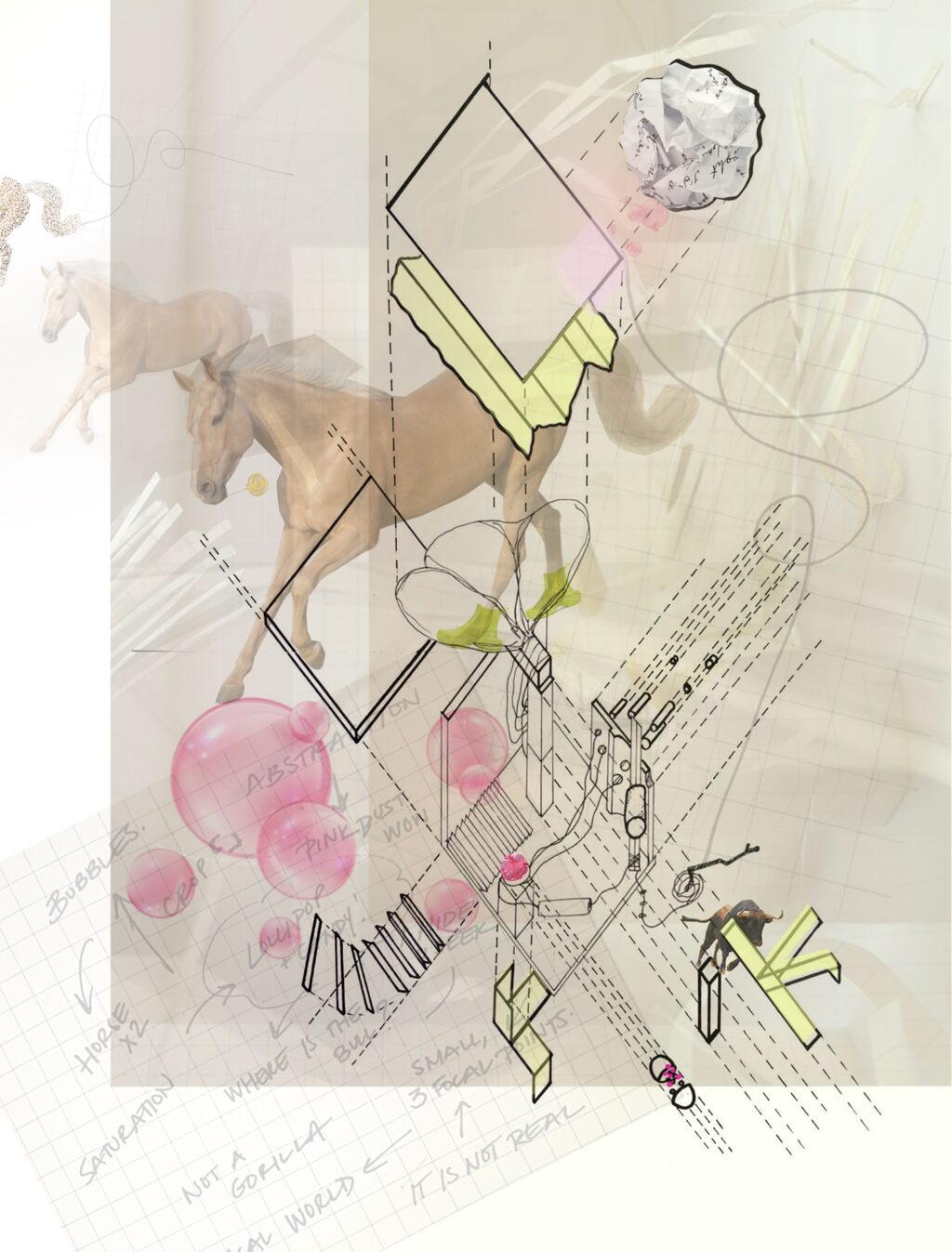
- Application Fee: A non-refundable application fee of $45 is due upon application submission.
- Application Form: Applicants must complete the online STUDIO FIRST Program Application Form in full.
- Essay: An essay (500 words maximum) that describes your interest in the program. Tell us about yourself, and why you have an interest in an architectural education.
- Resume: Please include a resume or CV, which includes your professional, academic, and extracurricular achievements. Also, include honours, awards, registrations, and all relevant achievements.
- Image: Please include one recent visual representation that showcases your aptitude for a studio-based design program. This can be in any medium, as long as it’s an original piece.